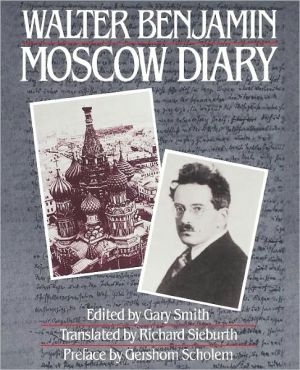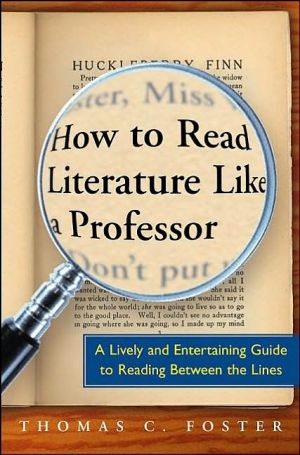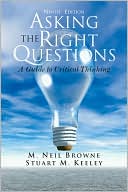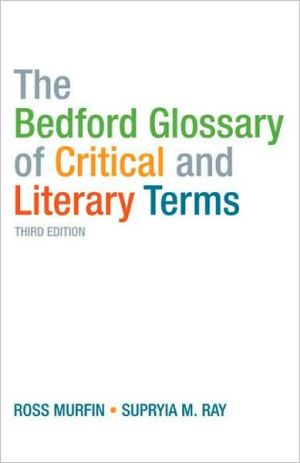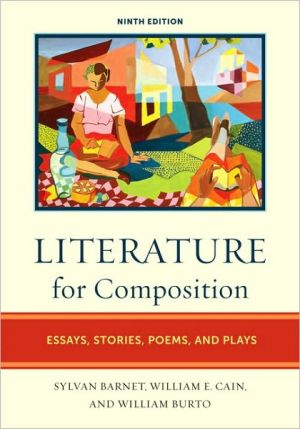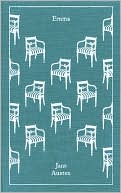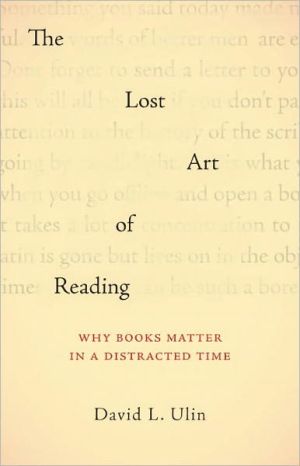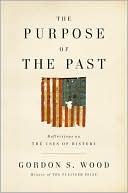Moscow Diary
The life of the German-Jewish literary critic and philosopher Walter Benjamin (1892-1940) is a veritable allegory of the life of letters in the twentieth century. Benjamin's intellectual odyssey culminated in his death by suicide on the Franco-Spanish border, pursued by the Nazis, but long before he had traveled to the Soviet Union. His stunning account of that journey is unique among Benjamin's writings for the frank, merciless way he struggles with his motives and conscience.\ Perhaps the...
Search in google:
The life of the German-Jewish literary critic and philosopher Walter Benjamin (1892-1940) is a veritable allegory of the life of letters in the twentieth century. Benjamin's intellectual odyssey culminated in his death by suicide on the Franco-Spanish border, pursued by the Nazis, but long before he had traveled to the Soviet Union. His stunning account of that journey is unique among Benjamin's writings for the frank, merciless way he struggles with his motives and conscience.Perhaps the primary reason for his trip was his affection for Asja Lacis, a Latvian Bolshevik whom he had first met in Capri in 1924 and who would remain an important intellectual and erotic influence on him throughout the twenties and thirties. Asja Lacis resided in Moscow, eking out a living as a journalist, and Benjamin's diary is, on one level, the account of his masochistic love affair with this elusive—and rather unsympathetic—object of desire. On another level, it is the story of a failed romance with the Russian Revolution; for Benjamin had journeyed to Russia not only to inform himself firsthand about Soviet society, but also to arrive at an eventual decision about joining the Communist Party. Benjamin's diary paints the dilemma of a writer seduced by the promises of the Revolution yet unwilling to blinker himself to its human and institutional failings.Moscow Diary is more than a record of ideological ambivalence; its literary value is considerable. Benjamin is one of the great twentieth-century physiognomists of the city, and his portrait of hibernal Moscow stands beside his brilliant evocations of Berlin, Naples, Marseilles, and Paris. Students of this particularly interesting period will find Benjamin's eyewitness account of Moscow extraordinarily illuminating.New Society[An] unsurpassably quirky memoir of Bolshevik literati as Stalin consolidated power.
Preface by Gershom ScholemMoscow DiaryAppendices'Russian Toys" by Walter BenjaminLetters from Walter BenjaminAfterword by Gary SmithIndex
\ ChoiceMoscow Diary is chiefly interesting not for what it tells us about Moscow during December 1926 but for what it tells us about Walter Benjamin, who has by now emerged as both a major figure in modern German literature and criticism and as the preeminent poet-historian of the modern European city. Moscow Diary is the longest of Benjamin's autobiographical writings… [Benjamin's] insights into Russia's struggle to define its cultural identity are often compelling. Above all, the Diary is the story of the triangle among Benjamin, Asja, and the expatriate German playwright Bernhard Reich. Their story of emotional instabilities and obstacles provides a fascinating counterpart to the story of Russia's cultural dilemma. The edition is superbly translated, annotated, and illustrated, and contains a fine preface and afterword.\ \ \ \ \ \ Los Angeles Times Book ReviewIn the '20s and '30s, [Benjamin] was a Jew in Berlin, a visitor to the Russian Revolution, a refugee in France, a citizen of the world in flames. More a man of letters than scholar, and more poet than either one, he wandered through Western culture as if it had been destroyed centuries earlier, and he were a revenant poking through its remains. He amassed quotations and collected books and toys, with no illusion of finding a living civilization, but seeking the artifacts of a shattered one… Love, mixed with obsession, is at the heart of Moscow Diary, the private record of Benjamin's two-month visit to the Soviet Union in the winter of 1926. Edited and with an afterword by Gary Smith and lucidly translated by Richard Sieburth, it is a many-faceted jewel: a portrait of the Russian revolution in its still unsettled transition to Stalinism, a vivid picture of Moscow life, Benjamin's intellectual journal, and above all, the tragicomic story of his pursuit of the Estonian actress, Lacis Asja.\ — Richard Eder\ \ \ \ New Society[An] unsurpassably quirky memoir of Bolshevik literati as Stalin consolidated power.\ \ \ \ \ \ The IndependentThe German literary critic and philosopher Walter Benjamin, who died in 1940, was one of Europe's grandest thinkers. This diary covers only two months in the winter of 1926–1927, but it feels like a lifetime. His meticulous, almost macabre attention to detail gives his perceptions a kind of scientific brilliance, whether he is describing the streets of the city, a curious shop sign, the sanatorium where his friend Asja Lacis is a patient, the wash table in his hotel room, or the ragged beds that stand at every street corner in 'the open air sick bay called Moscow.' The book is a supreme example of the kind of mental equipment any traveller would like to take with him, to any place.\ \ \
